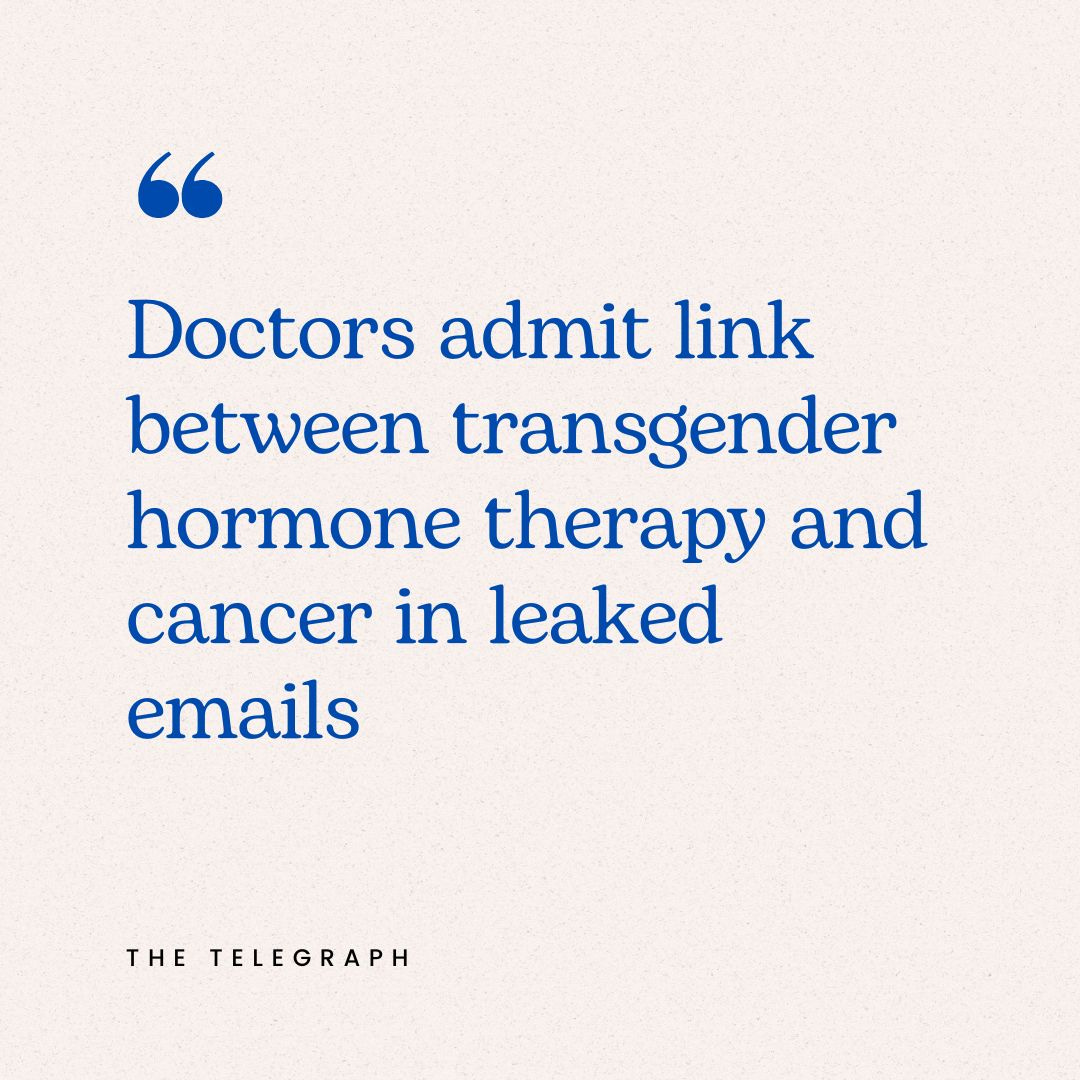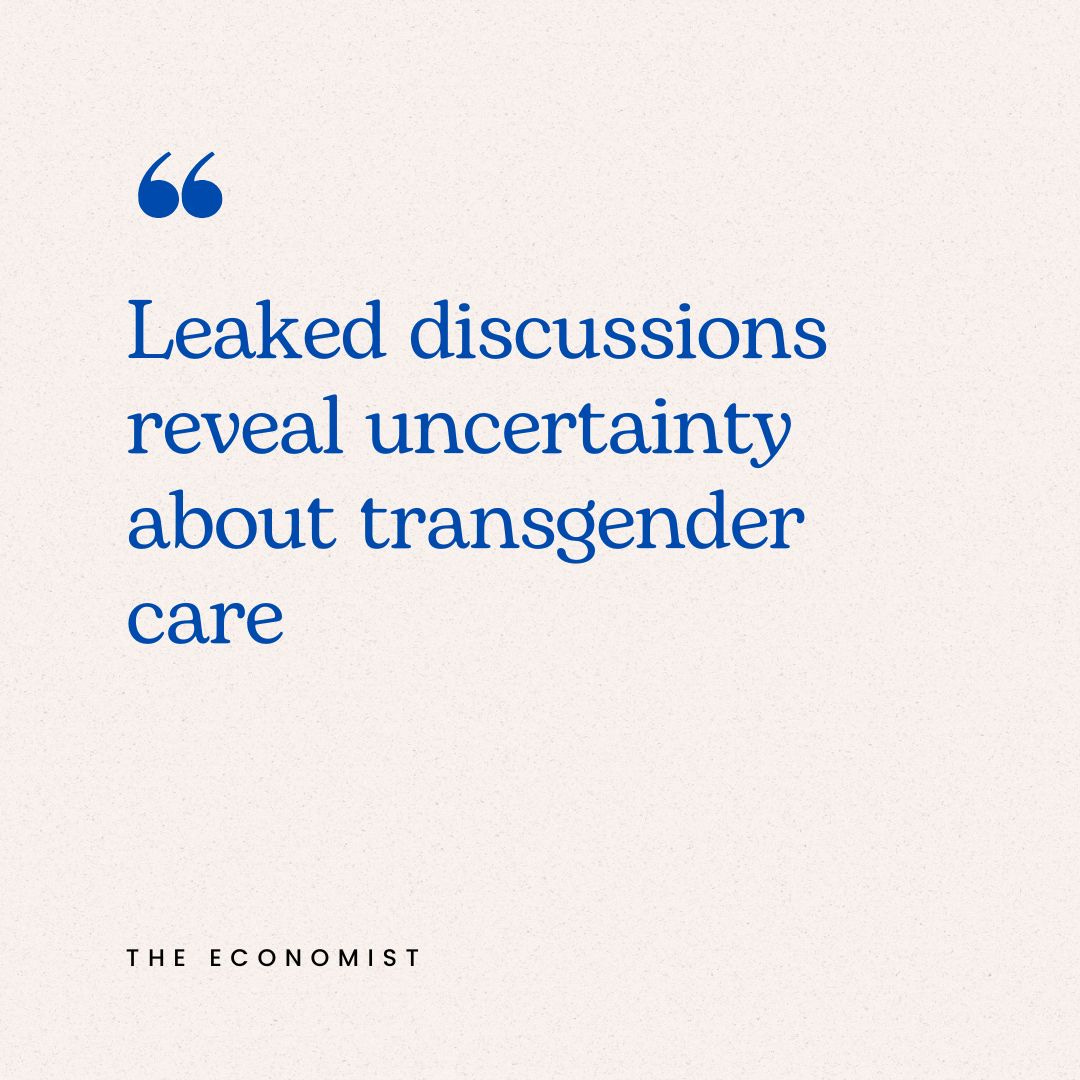Whistleblowing, the WPATH files and NZ
In which much dodginess abounds
About WPATH
I’ve been working on a few other things but it’s worth talking about an interesting report released yesterday: the WPATH files: pseudoscientific surgical and hormonal experiments on children, adolescents and vulnerable adults.
WPATH or the World Professional Association for Transgender Health is a member-based organisation that openly advocates for ever-increasing access to ‘gender-affirming’ care. Gender affirmation is the idea that whenever anyone, of any age, expresses a gender identity outside of their natal sex, they must be affirmed socially and medically. Medical affirmation typically involves puberty blockers, cross-sex hormones and surgery.
Major critiques of gender-affirming care are that it is based on an unverifiable idea of children being born in the wrong body, that it uses drastic physical intervention to deal with a psychological problem, and that children and young people are being rushed through medical transition before they can meaningfully consent to life-changing treatment. Major concerns are also raised about the lack of any high quality evidence in favour of gender-affirming care for minors, and points to a growing body of evidence against. Systematic reviews have seen several countries pull back from puberty blocker and hormone prescription for young people. Many people are concerned that children and young people are caught up in a social contagion or wrongly believe that transition will resolve mental health issues. There’s also a concern at the high levels of transition among autistic and same-sex attracted young people.
WPATH issues Standards of Care (SOC) for transgender health. These guidelines have set the direction of healthcare for transgender people and those who experience gender dysphoria in countries across the world. WPATH’s veneer of being a medical association that should be taken seriously is easily ruptured. The Association has open membership—no professional or medical qualifications required—it is, as we have seen, ideologically rather than evidence-driven, and is, essentially, a lobby group. It’s not promoting health care for trans people based on the best evidence, it’s single-mindedly promoting gender-affirming care as the only option, and claiming it is a ‘medical necessity’. Its mind is already made up on how patients are treated and displays none of the hallmarks of good clinical skepticism.
The WPATH files
The WPATH files report on leaked documents, mostly emails, that show members openly admitting that children and young people can’t and don’t meaningfully consent to gender treatment. Emails also: discuss negative side-effects of gender-affirming treatment; indicate members’ knowledge of transition regret including regret about the loss of fertility; and, demonstrate a wide understanding that patients commonly have psychiatric conditions that co-present with gender dysphoria. These revelations stand in contrast to WPATH’s public statements and advice.
The WPATH files simply back up what critics having been warning about for years. Prominent WPATH members have resigned citing concern that the organisation has been taken over by lobbyists. The latest WPATH Standards of Care (SOC 8) are a stark reminder of how unhinged the organisation has become. SOC 8 identifies ‘Eunuch’ as a gender identity which may require medical treatment, a conclusion it reached while collaborating with the Eunuch Archives, a Eunuch fetish website, where the fantasy of ‘feminising’ young boys through forced surgery is a frequent theme. SOC 8 also removed recommendations around the minimum age for any gender-affirming medical care. The child knows themselves best, and maturity, not age should guide clinicians. It’s hard to feel confident with this approach when WPATH’s mode of operation is to remove any obstacle between a patient and medical affirmation.
WPATH links to New Zealand
New Zealand is in thrall to gender affirmation. It’s a position pushed by numerous lobby groups and one that has been adopted by the government and most medical organisations. Almost all of those who advocate or adopt affirmation-only policies cite WPATH. With the WPATH files, and the dodginess within, more questions will arise about whether WPATH is a robust or reliable source of truth for medical decision-making. Plenty, including those with medical expertise, are delving into the files and presenting their own analysis. While that happens I thought it would be useful to look at how exactly WPATH is integrated into transgender health care here in New Zealand.
A little bit about WPATH’s little brother, PATHA
The Professional Association for Transgender Health Aotearoa (PATHA) is the New Zealand version of WPATH. Don’t be fooled by its terribly professional name. Like WPATH, anyone can join. For medical professionals to take a steer from either WPATH or PATHA is handing over medical decision-making to those with no clinical credentials.
PATHA and WPATH are deeply intertwined. PATHA has its own Guidelines for Gender Affirming Health Care. The PATHA guidelines state that they are a supplement to the WPATH Standards. It’s all very chummy. PATHA guidelines pivot on that WPATH declaration that gender-affirming healthcare is a medical necessity. Jan Rivers argues that the PATHA guidelines defy all known standards for Clinical Practice Guidelines so questions its status among New Zealand bureaucrats and clinicians. Rivers says the PATHA guidelines go even further than WPATH’s Standards of Care in promoting gender affirmation.
The President of PATHA is University of Waikato academic Jaime Veale who is also secretary of WPATH and heads the Transgender Health Research Lab. Veale contributed to the WPATH SOC 8 standards and is heavily relied on as an expert by government, media and other players.
In 2017 New Zealand’s Health Research Council awarded Veale $238,000 to run a transgender health survey.
Who in New Zealand relies on WPATH for guidance?
On its website Te Whatu Ora defers to the Standards of Care and points to WPATH as a useful resource.
In 2020 the Ministry of Health’s Chief Medical Officer, Dr Andrew Simpson, referred to WPATH’s Standard of Care when asked why the Ministry of Health website said that puberty blockers were safe and reversible (a statement now removed from the website).
WPATH Standards of Care are frequently promoted as appropriate clinical guidance by medical organisations.
NZ Doctor has published the Aotearoa New Zealand guidelines for commencing GAHT1 for adults in primary care which overtly aligns with the WPATH guidelines.
In 2018 New Zealand Medical Journal published a viewpoint paper that promoted the PATHA guidelines.
The following organisations positively reference WPATH and/or its Standards of Care:
InsideOUT (who are paid by NZ government to run workshops in schools and training sessions with the mental health sector)
Gender Minorities (which in fact claims WPATH is too conservative and slow moving)
In light of the WPATH files, it will be interesting to see which of these institutions, if any, break ties with WPATH. And, if the Standards of Care are no longer seen as the gold standard for gender care, it will be interesting to see if New Zealands’s rigid affirm-only policies are revised.
CORRECTION: Apologies: I misread a statement about funding on the PATHA website. A previous statement that In 2021, PATHA received 2.1 million dollars from the government for four years work was incorrect and I have removed it. 2.5 million dollars was awarded for four years of work on transgender and intersex health across the health sector. It has also been reported that the government did recently give $250,000 to PATHA to update their guidelines but I have not been able to get the source of that yet. UPDATE: the PATHA commission without an amount is covered in this RNZ article.
Gender Affirming Health Care




The Observer just published the formidable Hannah Barnes' talking on the WPATH files: https://www.theguardian.com/commentisfree/2024/mar/09/disturbing-leaks-from-us-gender-group-wpath-ring-alarm-bells-in-nhs?
Excellent summary. I shall link to it in the piece I'll be publishing soon, which is a roundup of events in NZ, rather than in-depth about this specifically.